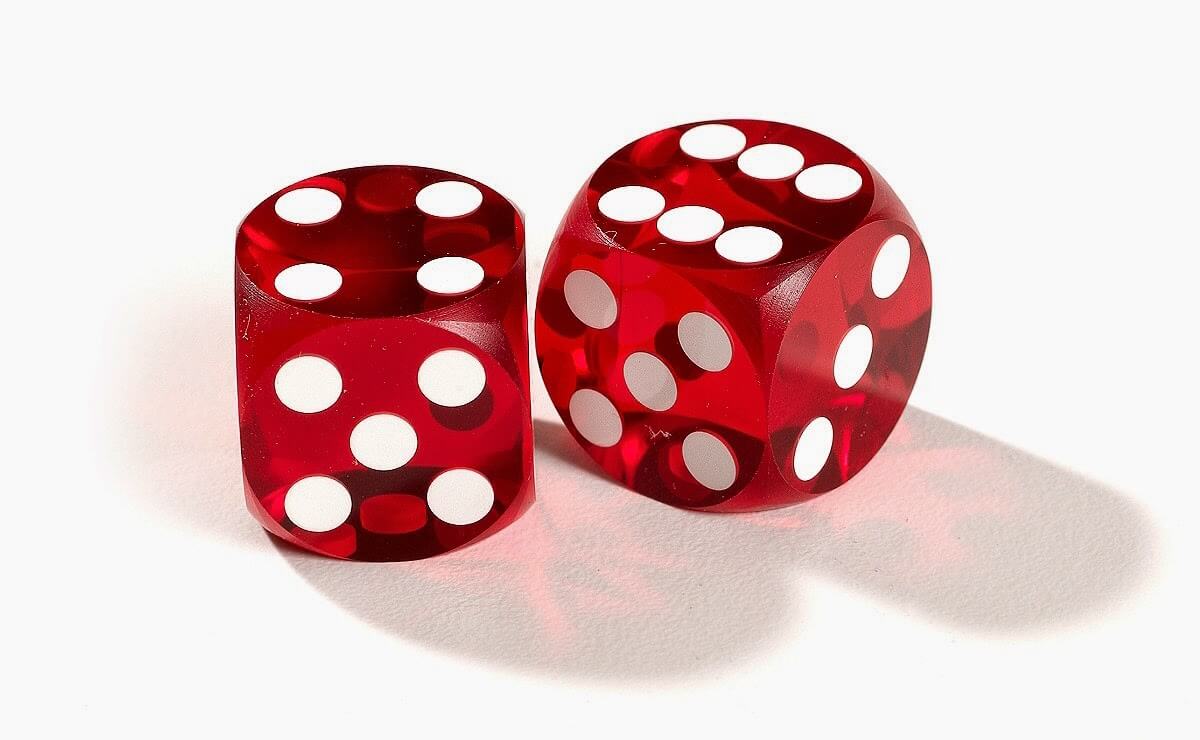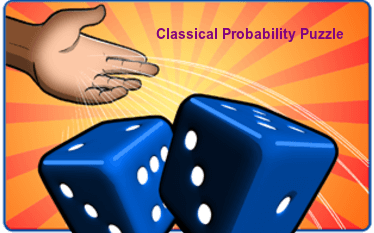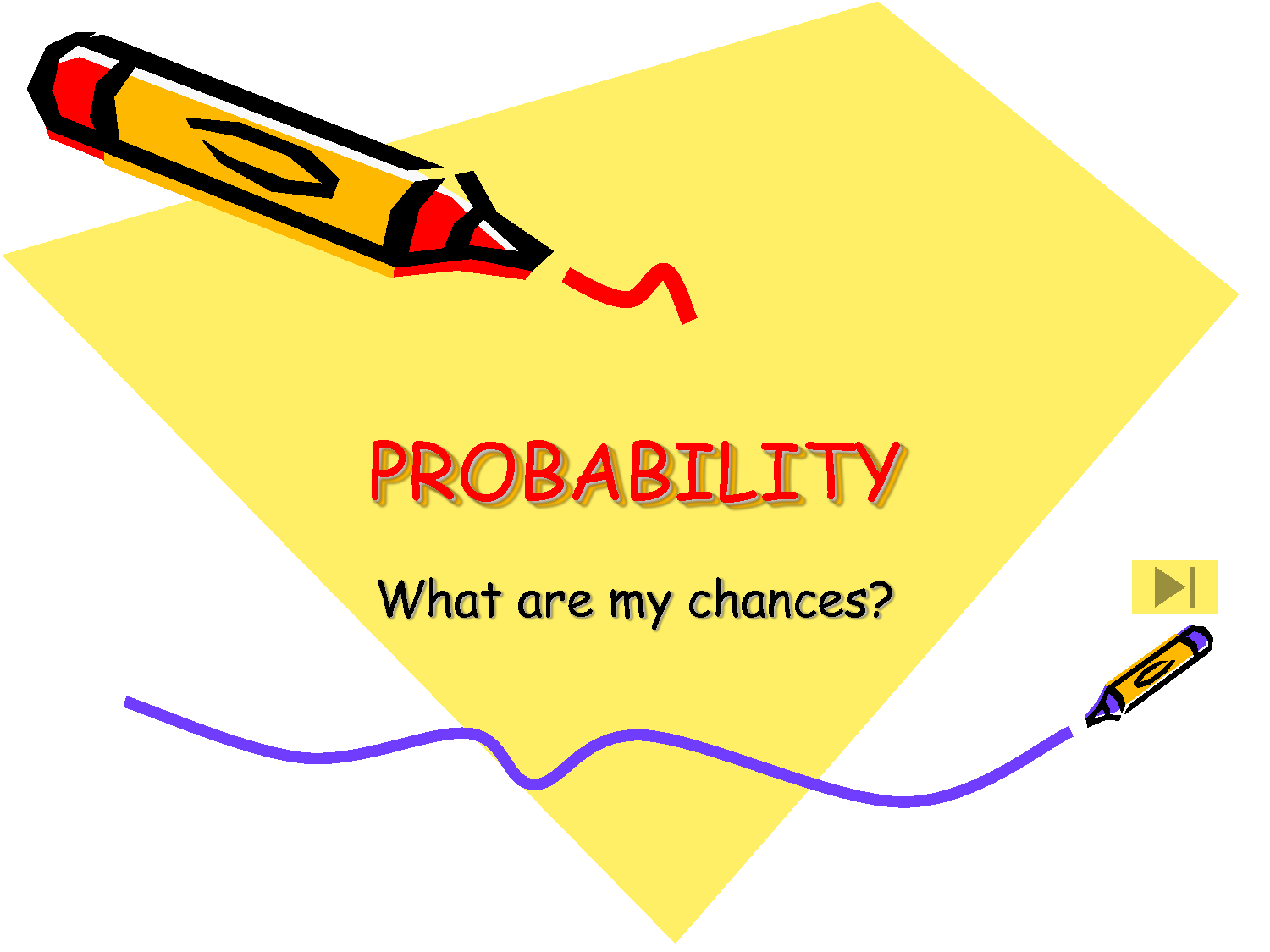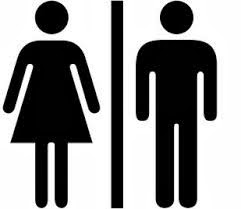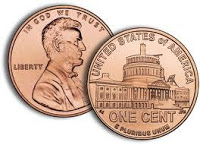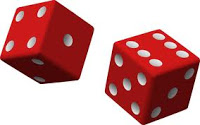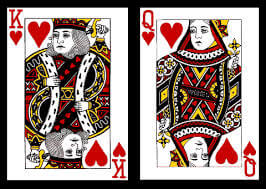#21 - Hard Conditional Probability Problem
Four friends - Anna, Brian, Christy and Drake are asked to choose any number between 1 and 5.
Can you calculate the probability that any of them chose the same number ?
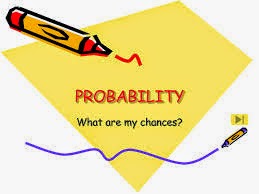
Let us take this one step at a time.
Let us calculate the probability that Anna and Brian have the same number in their mind.
101/125
Now, there's a 1/5 chance that the numbers will be same and 4/5 chance that the numbers are different.
Let us now include Christy in this data. There can be two cases.
1) Anna and Brian have the same number. In that case, Christy will have only one number to compare.
2) Anna and Brian did not have the same number. In that case, Christy will have two numbers to compare to.
For the first case, the probability will be 5/25. This is if Anna and Brian did have the same numbers.
But if Anna and Brian did not have the same numbers, there is a 2/5 probability that Christy is having the same number (this is because Christy gets to match her number with both Anna and Brian). In that case, we can simply multiply the probabilities.
4/5 * 2/5 = 8/25
Otherwise, if Christy is not having the same number, the probability is 3/5. Now multiplying with the previous chain:
4/5 * 3/5 = 12/25
Now, we can include Drake in our calculations. If we follow the path where Drake's number matches with Anna and Brian, the probability will be 25/125.
Now let us join that with Christy's probability. If Christy's number matches with Anna and Brian and Drakes' number also matches, then the probability will be:
4/5 * 2/5 = 40/125
If Christy's number does not match with Anna and Brian but Drake's number matches with Christy's, the probability will be:
4/5 * 3/5 * 3/5 = 36/125
But if Christy's number does not matches with Anna and Brian and even Drake's does not matches with Christy, then the probability will be:
4/5 * 3/5 * 2/5 = 24/125
Now, we have to tell the probability when all the four friends have same numbers, so we will just add up the probability where all the numbers matches:
25/125 + 40/125 + 36/125 = 101/125.

